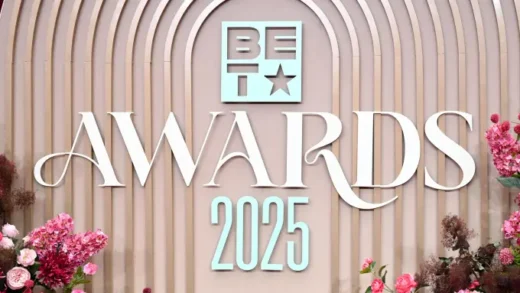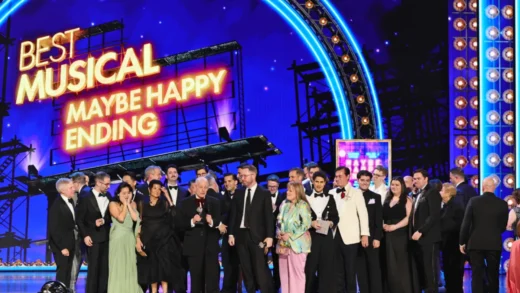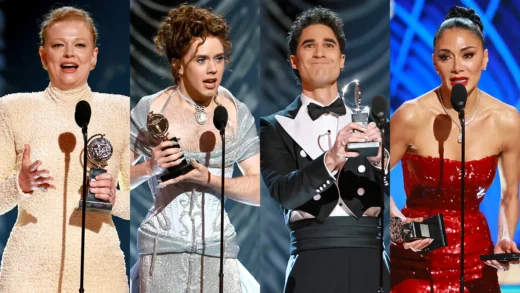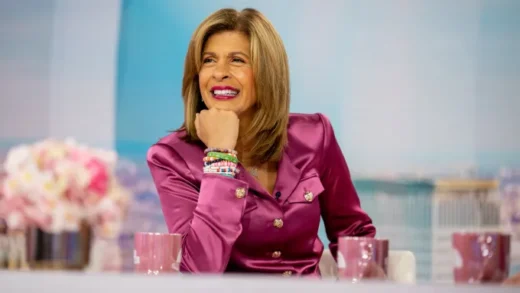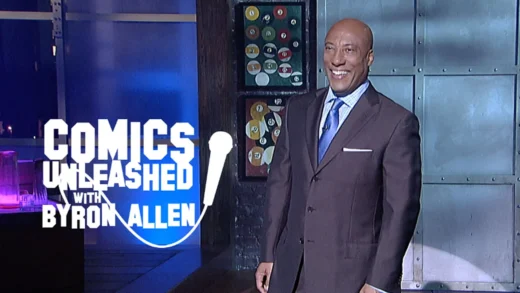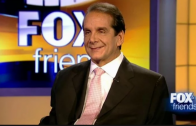Oscar Winner Frances McDormand Calls for Inclusion Riders — What are They?
“Look around everyone, ladies and gentlemen,” McDormand said from the stage. “We all have stories to tell and projects that need to be financed.
Don’t talk to us about them at the parties tonight,” she admonished. Rather, wait a couple of days and “invite us to your offices … or you can come to ours.” With that, she concluded, “I have two words to leave you with tonight: inclusion rider.”
When Frances McDormand capped her Oscar acceptance speech with a rousing call for inclusion riders, the general reaction was more “huh?” than “hooray!” She was referring to using business contracts as a vehicle to further gender and racial diversity in Hollywood by adding a clause that mandates it.
Backstage, McDormand expounded on those two words. “I just found out about this last week, but there’s always been something available to us who are negotiating on a film and that’s an inclusion rider. You can ask for it and demand 50% diversity in crew. The whole idea of women not trending. African Americans not trending; it changes now and the inclusion rider has something to do with that.”
The Annenberg Inclusion Initiative at the University of Southern California explained the concept in a December 2017 paper. It credits initiative founder Stacy Smith as having crafted the rider with employment attorney Kalpana Kotagal.
The rider is “an addendum to a contract that creates conditions for more equitable casting and hiring, focused on developing a diverse talent pipeline in the entertainment industry,” according to the initiative. “This contractual language represents a crucial step in eliminating exclusion of underrepresented or marginalized groups.”
The actress has been on an unstoppable roll ever since she first strutted onto screens as Mildred Hayes at the September Venice Film Festival world premiere of McDonagh’s pitch-black comedic drama Three Billboards. Her other major accolades include the BAFTA, SAG and Golden Globe Best Actress prizes as well as Saturday’s Indie Spirit. McDormand previously won the Best Actress Oscar for Fargo in 1997 and has been nominated for three other Oscars, as Best Supporting Actress in Mississippi Burning, Almost Famous and North Country.
McDormand has likened her Three Billboards character to her Fargo personage, saying Mildred Hayes is a grown-up Marge Gunderson. In the film, Mildred makes a bold move after her daughter’s murder: She posts a trio of outdoor signs with controversial messages along the road that leads into her small Southern town. Her target is William Willoughby (Woody Harrelson), the revered local police chief. When his second-in-command, Officer Dixon (Sam Rockwell, a Best Supporting Actor winner tonight), gets involved, the battle between Mildred and Ebbing’s law enforcement becomes highly charged — even as each character’s humanity shines through.
But she was all about the inclusion.
For those of you asking about the #InclusionRider, it's designed to ensure equitable hiring in supportive roles for women, POC, the LGBT community, & people w/disabilities. #DrStacySmith worked with @KalpanaKotagal to craft the language. Contact us to learn more.
— Annenberg Inclusion Initiative (@Inclusionists) March 5, 2018
Congratulations to the incredible #FrancesMcDormand. We are here for the #inclusionrider! #LetsDoIt https://t.co/9tNe0w0SKa
— Billie Jean King (@BillieJeanKing) March 5, 2018
an inclusion rider is something actors put into their contracts to ensure gender and racial equality in hiring on movie sets. We should support this for a billion reasons, but if you can't find a reason to, here's one: it will make movies better.
— Whitney Cummings (@WhitneyCummings) March 5, 2018
(Excerpts) Read More at: CBSNews.com and Deadline.com
